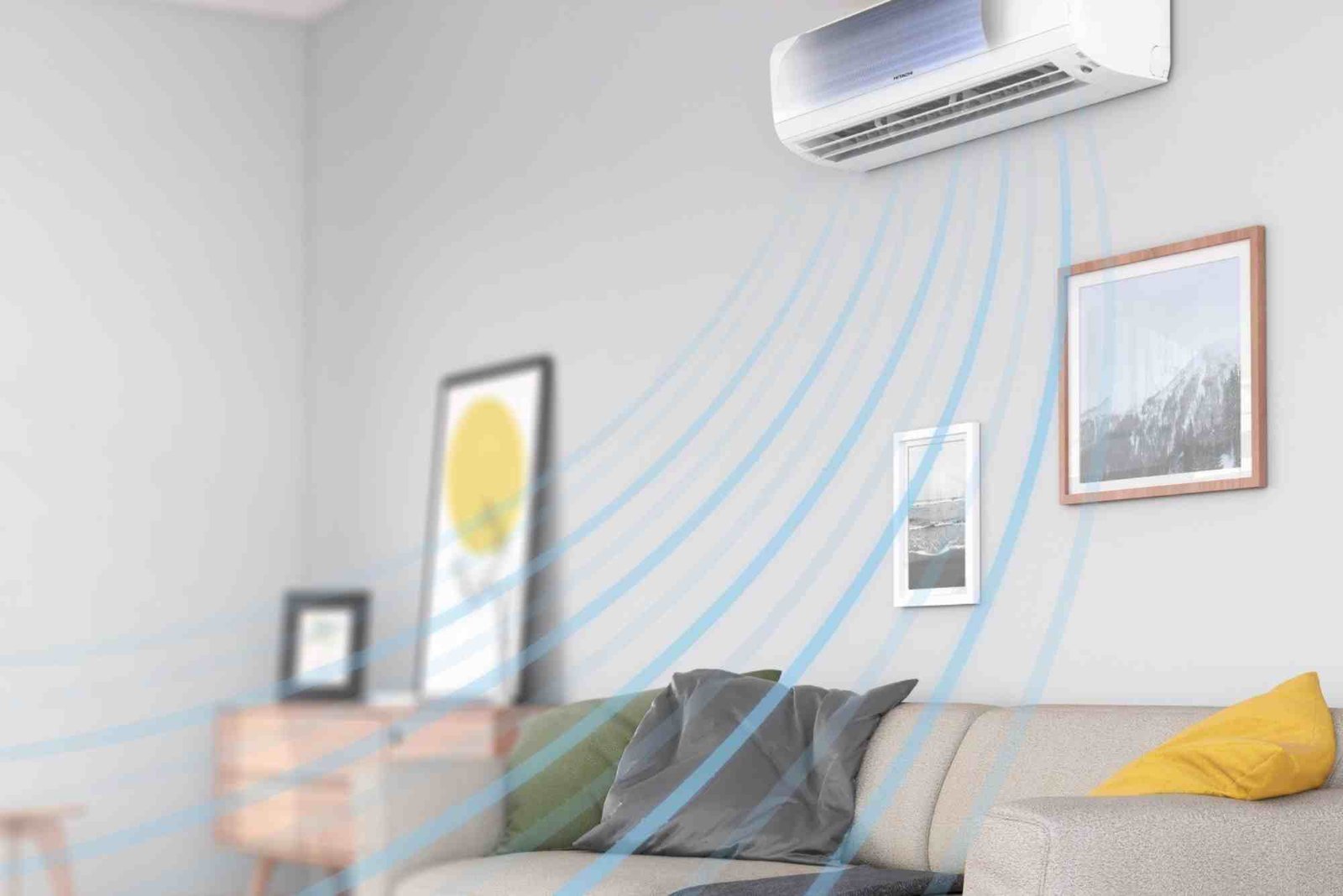Benign Prostatic Hyperplasia (BPH) is a common condition that affects men as they age, leading to an enlarged prostate gland. This non-cancerous enlargement can cause various urinary symptoms that impact daily life. Understanding these symptoms is essential for early detection and effective management.
Understanding BPH and Its Impact on Health
BPH develops when the prostate gland gradually increases in size, pressing against the urethra and bladder. This leads to difficulties in urination and other related symptoms. While BPH is not cancerous, it can significantly reduce a person’s quality of life if left untreated. Recognizing the signs early allows for timely intervention and improved management options.
Most Common Symptoms of BPH
Frequent Urination
One of the most noticeable symptoms of BPH is an increased need to urinate, especially at night. This condition, known as nocturia, can disrupt sleep and lead to fatigue. As the prostate enlarges, it exerts pressure on the bladder, reducing its capacity and causing frequent trips to the bathroom.
Weak Urine Stream
Men with BPH often experience a weak or slow urine flow. This happens because the enlarged prostate narrows the urethra, making it difficult for urine to pass through. The condition can also cause a delay in starting urination, leading to frustration and discomfort.
Difficulty in Starting and Stopping Urination
Another common symptom is hesitancy in initiating urination. Men with BPH may find it hard to start urinating, even when they feel the urge. Additionally, the flow of urine may stop and start repeatedly, making the process inconvenient and uncomfortable.
Additional Symptoms Associated with BPH
Urinary Urgency
BPH often causes a sudden and strong urge to urinate. This symptom can be particularly bothersome in social settings or while traveling, as it may lead to an inability to hold urine for long periods.
Incomplete Emptying of the Bladder
Men with BPH frequently feel like their bladder is not completely empty after urinating. This residual urine sensation can increase the risk of urinary tract infections (UTIs) and other complications over time.
For a more in-depth look at Hyperplasia Symptoms and how they develop, consulting medical sources and professionals is recommended.
How BPH Affects Daily Life
BPH symptoms can impact various aspects of life, including sleep quality, work productivity, and social activities. Frequent nighttime urination can lead to sleep disturbances, while urinary urgency can cause stress and anxiety in public settings. These issues emphasize the importance of seeking medical advice if symptoms become persistent or disruptive.
Diagnosis and When to See a Doctor
Medical Evaluation
Doctors typically diagnose BPH through a combination of medical history, physical examinations, and diagnostic tests such as:
- Digital Rectal Exam (DRE): A physical check of the prostate to detect enlargement.
- Prostate-Specific Antigen (PSA) Test: Measures PSA levels in the blood to rule out prostate cancer.
- Urine Flow Tests: Evaluate the speed and consistency of urine flow.
- Ultrasound: Provides detailed imaging of the prostate gland.
If you experience ongoing urinary difficulties, learning more about BPH Signs and Symptoms can help in making informed health decisions.
Treatment Options for BPH Symptoms
Lifestyle Changes
Mild cases of BPH can often be managed with lifestyle modifications such as reducing fluid intake before bedtime, avoiding caffeine and alcohol, and engaging in regular physical activity.
Medications
Doctors may prescribe medications like alpha-blockers to relax the prostate muscles or 5-alpha reductase inhibitors to shrink the prostate over time.
Minimally Invasive Procedures
For moderate to severe cases, procedures such as transurethral resection of the prostate (TURP) or laser therapy may be recommended to relieve obstruction and improve urine flow.
For more health-related articles and wellness tips, visit Sharp Within. Stay updated on expert advice and the latest medical insights to enhance your overall well-being.







